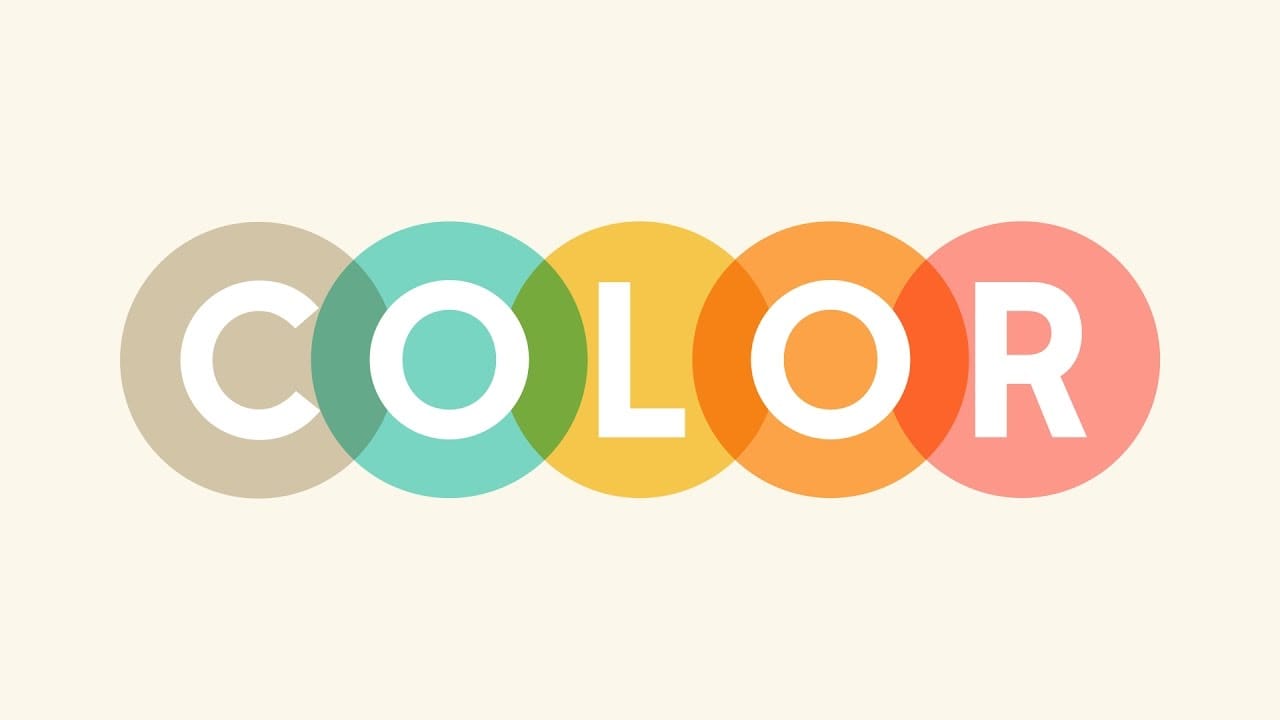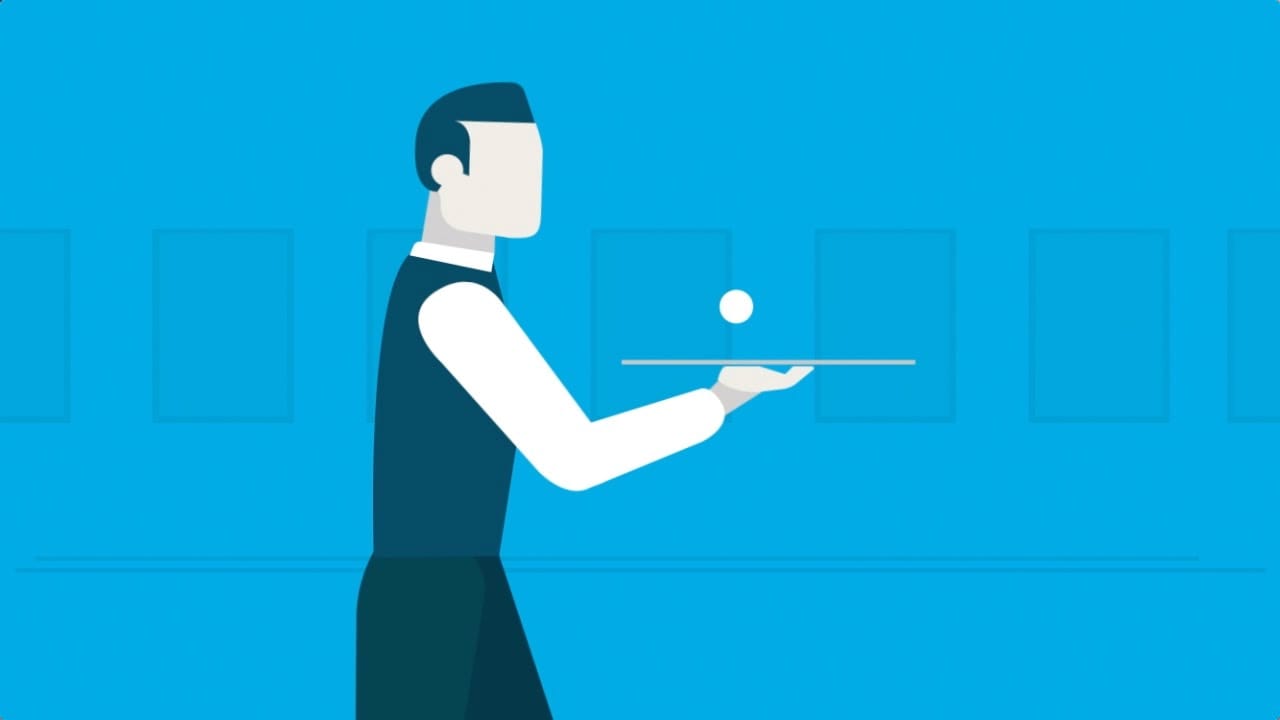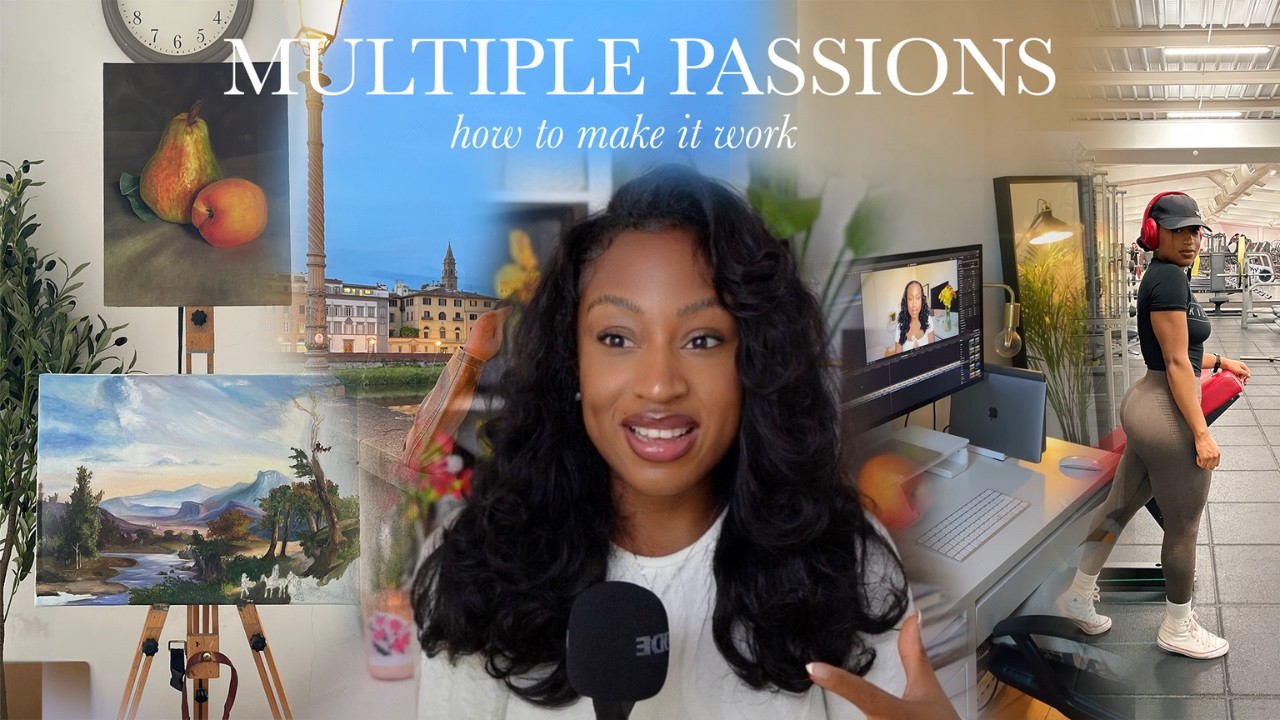Explore the essence of blogging, from its origins to the daily tasks of bloggers. Learn how to start and maintain a blog, and the freedom it offers in expressing thoughts and ideas.
Introduction
In the modern digital age, blogging stands as one of the most flexible and engaging ways to share your ideas, thoughts, and passions with the world. But what does it really mean to be a blogger, and what does the process entail?
By diving into the details, we can explore how to start a successful blog, what the role involves, and why this form of communication remains popular. Join Joshua Fields Milburn, a New York Times best-selling author, as he answers some of the most common inquiries about blogging.
What is a Blog?
Definition and Origin
According to Wikipedia, a blog is a discussion or informational website published on the World Wide Web, consisting of discrete, often informal, diary-style text entries or posts. The term “weblog” was coined by Jorn Barger on December 17, 1997. Its short form, “blog,” was introduced by Peter Merholz, who humorously broke the word “weblog” into “we blog” in the sidebar of his blog in 1999.
Modern-Day Blogs
Today, blogs have evolved and diversified significantly. They come in various forms, ranging from public journals aimed at expressing feelings, to platforms dedicated to critical thinking and problem-solving, such as the blog found at theminimalists.com. Bloggers can cover an impressive array of topics, ideologies, and interests including sports, politics, religion, travel, and much more. Major news networks like ABC, CBS, NBC, Fox, CNN, and MSNBC have embraced blogging, each employing their own dedicated blogs to discuss numerous subjects.
Blog vs. Website: Understanding the Difference
Blurring Boundaries
Over the years, the distinction between a blog and a website has become less pronounced. However, a blog can be understood as a specific type of website characterized by its format. A blog catalogs the personal or professional thoughts and beliefs of an individual or organization over time. Unlike static websites, blogs are dynamic; their content evolves as the author’s opinions and ideas develop.
The Evolving Nature of Blogs
One of the fascinating aspects of blogging is the nature of its evolution. As your thoughts and beliefs change, so does your blog. Maintaining a blog can thus act as a unique time capsule, capturing your intellectual and emotional growth over the years.
Is Blogging Hard?
Getting Started Is Simple
The idea of starting a blog might seem daunting, but it is actually a straightforward and enjoyable process. Many platforms provide user-friendly tools to set up a blog within minutes. According to Joshua, you can follow simple instructions like those at theminimalists.com/blog and begin blogging by the end of the day.
What Do Bloggers Do?
At its core, blogging involves writing blog posts. However, that’s not the full extent of the role. Bloggers often have a passion for specific topics, whether it’s interior design, rock climbing, or music reviews, and they channel this passion through their writing. Blogging doesn’t require formal training or a degree; all it demands is a desire to communicate your ideas with an audience.
How Much Time Do Bloggers Spend Blogging?
Flexible Hours
The beauty of blogging lies in its flexibility. Joshua mentions that he writes one or two blog posts a week, typically during the evenings or weekends. This way, blogging doesn’t interfere with his other activities. Bloggers are free to craft their own schedules, deciding when to write and how frequently to post.
Finding Your Own Rhythm
Consistency in blogging varies from person to person. Within a few months of starting, you’ll likely find your own rhythm. Some bloggers might write daily, others weekly, and perhaps some monthly. The key is finding what works best for you. The act of sitting down and committing your thoughts to a blog post is profoundly rewarding. It’s a unique form of expression where you are the sole person determining what to do and when.
The Benefits of Blogging
Personal Growth
Blogging offers numerous benefits beyond simply sharing your ideas. It aids in personal growth, helping to clarify your thoughts, organize your ideas, and refine your writing skills. The process of articulating your views can lead to a deeper understanding of the subjects you care about.
Community Building
Blogging also fosters community. It connects you with like-minded individuals who share your interests and passions. Through comments, social media interaction, and collaboration, you can build a supportive network that enriches your blogging experience.
Professional Opportunities
For some, blogging can open doors to professional opportunities. Many bloggers have transitioned their online presence into careers, leveraging their writing to secure book deals, speaking engagements, and other forms of recognition. Even if your blog starts as a hobby, it has the potential to become much more.
Conclusion
In summary, blogging is a versatile and accessible way to express your thoughts and passions. Whether you’re aiming to start a personal journal, share expertise, or engage with a community, blogging offers a platform to do so in a flexible and rewarding manner.
By understanding the essence of blogging, distinguishing it from traditional websites, and appreciating its evolution and time commitment, you can embark on this journey well-prepared and motivated. Embrace the opportunity to grow personally, connect with others, and potentially transform your passion into a professional avenue. Happy blogging!
Video Credit:







